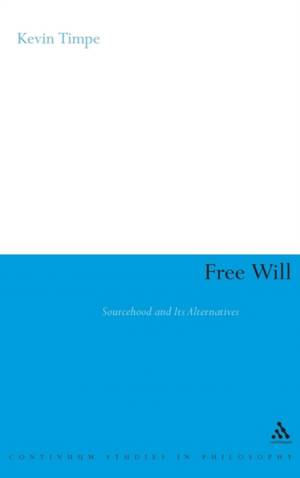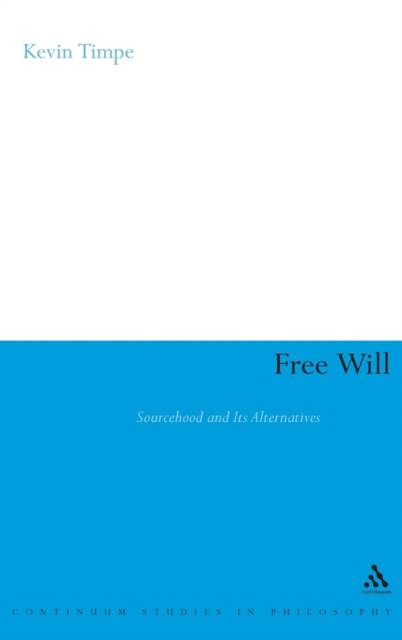
- Afhalen na 1 uur in een winkel met voorraad
- Gratis thuislevering in België vanaf € 30
- Ruim aanbod met 7 miljoen producten
- Afhalen na 1 uur in een winkel met voorraad
- Gratis thuislevering in België vanaf € 30
- Ruim aanbod met 7 miljoen producten
Omschrijving
Much contemporary scholarship on free will focuses on whether it is compatible with causal determinism. According to compatibilists, it is possible for an agent to be determined in all her choices and actions and still be free. Incompatibilists, on the other hand, think that the existence of free will is incompatible with the truth of determinism. There are two dominant general conceptions of the nature of free will. According to the first of these, free will is primarily a function of being able to do otherwise than one in fact does. On this view, free will centrally depends upon alternative possibilities. The second approach focuses instead on issues of sourcehood, holding that free will is primarily a function of an agent being the source of her actions in a particular way. This book demarcates these two different conceptions free will, explores the relationship between them, and examines how they relate to the debate between compatibilists and incompatibilists. It ultimately argues for a version of Source Incompatibilism.
Specificaties
Betrokkenen
- Auteur(s):
- Uitgeverij:
Inhoud
- Aantal bladzijden:
- 208
- Taal:
- Engels
Eigenschappen
- Productcode (EAN):
- 9780826496256
- Verschijningsdatum:
- 23/09/2008
- Uitvoering:
- Hardcover
- Formaat:
- Ongenaaid / garenloos gebonden
- Afmetingen:
- 232 mm x 232 mm
- Gewicht:
- 399 g

Alleen bij Standaard Boekhandel
Beoordelingen
We publiceren alleen reviews die voldoen aan de voorwaarden voor reviews. Bekijk onze voorwaarden voor reviews.







